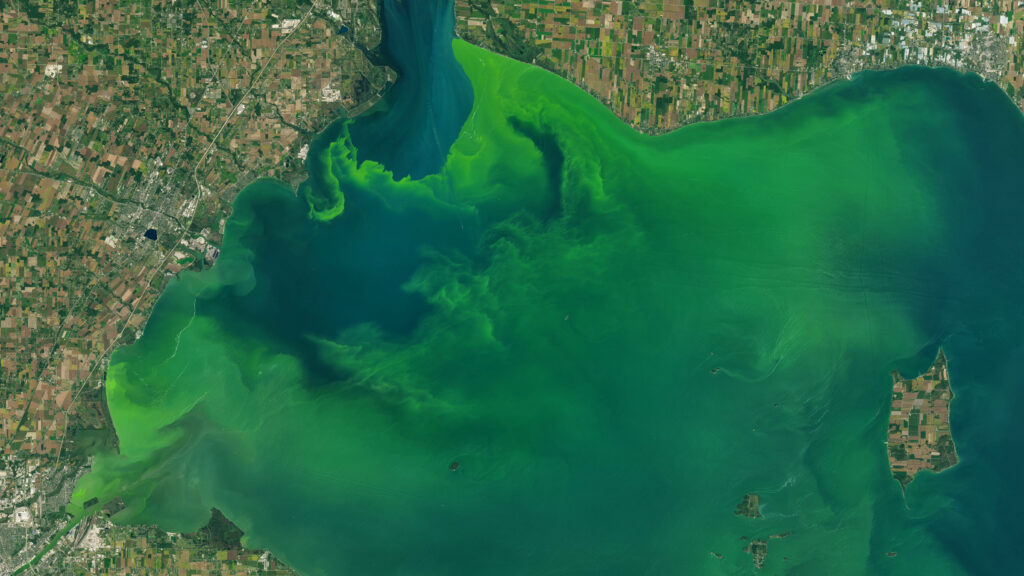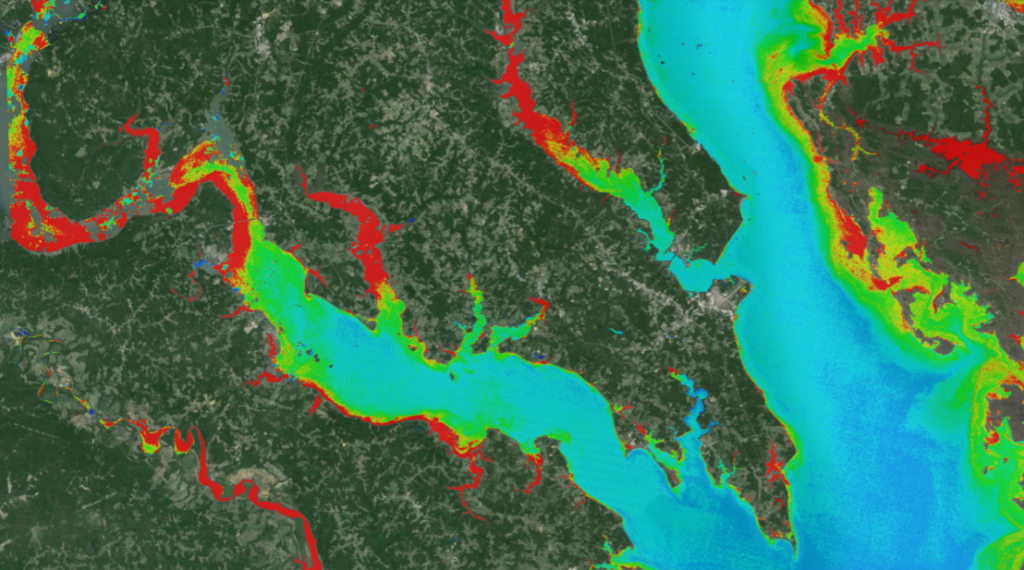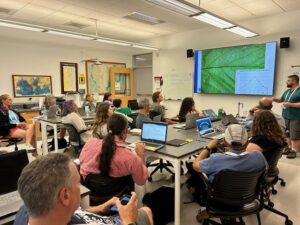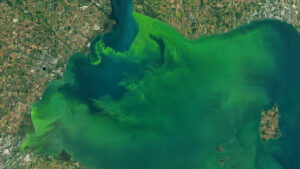By Blaine Friedlander, Cornell Chronicle

The scientists focused on Franz Josef Land, a glaciated Russian archipelago in the Kara and Barents seas – among the northernmost and most remote parcels of land on Earth. They examined the island group with very high-resolution optical satellite images, available to federal-funded researchers from the National Geospatial Intelligence Agency, to study glacial dynamics.
“Glaciers there are shrinking by area and by height. We are seeing an increase in the recent speed of ice loss, when compared to the long-term ice-loss rate,” said lead researcher Whyjay Zheng, Cornell doctoral student in geophysics. The shrinking glaciers have uncovered at least one new island, he added.
From 1953 to 2010, the average rate of ice surface loss was 18 centimeters (7.1 inches) per year. From 2011 to 2015, the ice surface decrease was 32 centimeters (13 inches) per year, which is a water loss of 4.43 gigatons annually, said Zheng. For perspective, that much water would raise the level of Cayuga Lake (the longest of New York state’s Finger Lakes, at 38 miles) by 85 feet and inundate the cities of Ithaca and Seneca Falls.
The Arctic has been warming in recent decades, but glaciers across the region are responding in different ways. “Previous studies have shown that the glaciers in northern Canada seem to be shrinking at a faster rate than the ones in some parts of northern Russia,” said senior author Matt Pritchard, Cornell professor of geophysics.
“Our work takes a closer look at the Russian glaciers to understand why they might be responding to a warming Arctic differently than glaciers in other parts of the Arctic. Why glaciers in Franz Josef Land have been shrinking more rapidly between 2011 and 2015 than in previous decades is possibly related to ocean temperature changes,” said Pritchard.
Zheng explained a scientific dictum that states glacier change should happen slowly in the Arctic because temperatures are low, the ice is very cold and it melts more slowly than ice elsewhere. “We are finding out that the ice is changing more rapidly than we previously thought,” said Zheng. “The temperature is changing in the Arctic faster than anywhere else in the world.”
Reference:
Zheng, Whyjay, Matthew E. Pritchard, Michael J. Willis, Paul Tepes, Noel Gourmelen, Toby J. Benham, and Julian A. Dowdeswell. 2018. “Accelerating glacier mass loss on Franz Josef Land, Russian Arctic.” Remote Sensing of Environment 211:357-375. doi: https://doi.org/10.1016/j.rse.2018.04.004.

A Rendezvous with Landsat
NASA outreach specialists led educators through a workshop on accessing and utilizing Landsat data at the annual Earth Educators’ Rendezvous.





